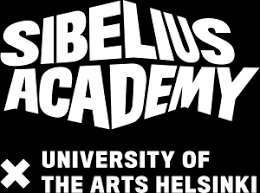Sibelius Academy and its online learning musical training
by Irma de Jong

Sibelius Academy, the cornerstone of Finnish music, has long traditions. Established in 1882, the cradle of classical music education has added other genres to its palette: Jazz and Folk Music have been taught since the early 1980s and Music Technology since the early 1990s. The driving force for everyone at the Academy is the unquestionable love they have for music, and for the work that they do. Today Sibelius Academy is a creative community of 1,500 students and more than 1,000 staff.
Since January 2019, Sibelius Academy is a partner of iClassical Academy and allows their students to enjoy the eLearning path iClassical is offering. We spoke to Päivyt Meller, Senior Lecturer in Violin Music, who has an experience of more than 7 years with online musical training. In 2011 she was asked by the Rector of the Sibelius Academy to establish a program of distance learning in the school. Mrs Meller became the Academic Coordinator of Distance Learning in Sibelius Academy of the University of the Arts, Helsinki. We asked her about the benefits of online musical training.
At what point Sibelius Academy decided to start an online program?
 Päivyt Meller "We had our first online lessons in 1998 with Mr. Pinchas Zukerman directly from the US to the facilities of the Helsinki Telephone Company. I had arranged this possibility with the Company to open 16 simultaneous long-distance phone lines, for the picture to be produced clearly. Although still having quite a long delay between the sound and the picture. Anyway, Mr. Zukerman appeared on the TV screen and said: “Hello, may I have your 'Α'? ”. That was the first time we were tuning our instruments between two continents in real-time!
Päivyt Meller "We had our first online lessons in 1998 with Mr. Pinchas Zukerman directly from the US to the facilities of the Helsinki Telephone Company. I had arranged this possibility with the Company to open 16 simultaneous long-distance phone lines, for the picture to be produced clearly. Although still having quite a long delay between the sound and the picture. Anyway, Mr. Zukerman appeared on the TV screen and said: “Hello, may I have your 'Α'? ”. That was the first time we were tuning our instruments between two continents in real-time!
This happened after my visit to Israel with two of my students. I had something else to do in Israel, but I went to listen to their masterclass with Zukerman. There he mentioned that he had some experience in teaching his students via videoconference equipment because of lots of travelling. He also said that he could give some extra lessons if he had this kind of means and of course I was amazed as I had never heard about it. I, therefore, asked him if he would like to do that with us in Finland and he said: “yes if the technical level is good”. So that was the beginning.
Sibelius Academy at that point was not ready to take part in this development because of technical reasons. For me, it was challenging to continue privately, so after five-six successful sessions, we had to stop. But then, the rector of Sibelius Academy at some point remembered that I had this experiment with Mr Zukerman. He had the view that we should have our studio for our distance learning. So that's how we started seriously, and now we have a complete high-level distance learning studio at our disposal, organising lots of masterclasses and exchanges."
What was the main reason you decided to collaborate with iClassical Academy?
"The only real reason is the benefit that it can give students. As a teacher, I am always searching for different means to make their study time as fruitful as possible. The world of the internet with any kinds of possibilities offer great virtue to further discuss with students. Sometimes (older) teachers are afraid of using the internet, but it's not a threat to use eLearning because this is life. The student must learn to make up their mind about everything. They must learn how to reason. Sibelius Academy has many international students. It's good to show our name in different international occasions, like competitions, festivals and platforms like yours. Then we look forward to sharing Masterclasses of some of our professors on your platform."
What levels do the students who take the Masterclasses have?
"Both Bachelor and Master. Of course, the way people study is very personal. Some people like to keep their eyes open and get information from different sources. Others are more “one-way”. I also have students in the youth department who already practise for example the Paganini caprices, or Bach's partitas and sonatas for solo violin. As long as students are in touch with this level of repertoire the website provides and are able to follow English speaking lessons, I think anybody could make use of it."
Having all Masterclasses in English is a barrier?
"No, today, people start learning English when they are eight years old or even earlier. Then we are surrounded by the English language in our daily life. Even in my studio classes, I always have to teach in English because of my English speaking students."
How do students use the platform as part of their education?
"The iClassical platform can be used to help them go deeper. I meet my students every week for a lesson, and they all have quite a big repertoire, so what can you do in an hour? Of course, this is the most critical time for a student to spend lesson time with the teacher because only their teacher can be responsible for their studies. However, to have something extra, like the classes from Miriam Fried, whom I value very high, is a surplus. I am just delighted that my students go and may view something like this; I am totally positive!"
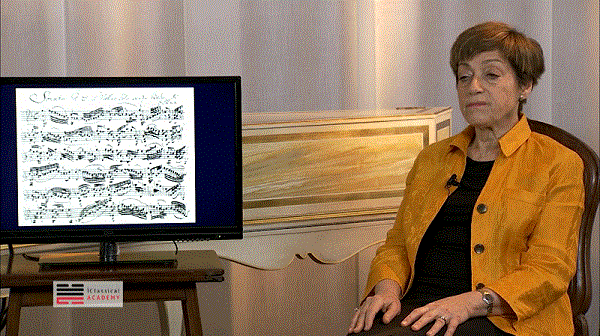
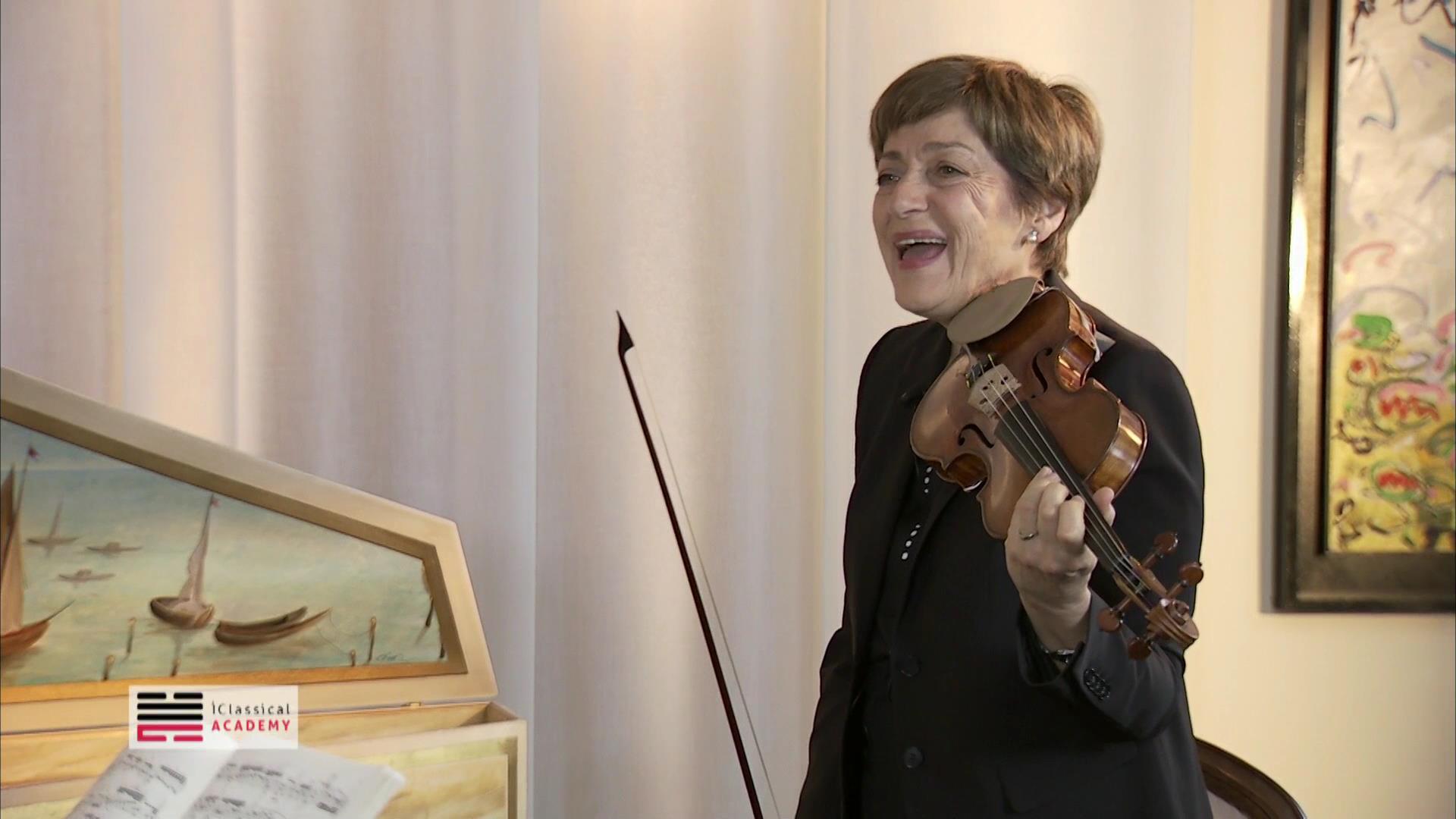
What are the benefits for a teacher of using eLearning?
"Since there is limited time with each student, it is good that they can gain new or extra knowledge for the pieces they are learning. I always tell my students when they have long summer holiday to take additional master classes if they can afford it. Also to take courses with other teachers because the summer is long and it's good to keep their eyes open and benefit from these extra master classes."
Would you recommend iClassical to other Institutions?
"I surely would. For both an institution and its teachers, it's a benefit to be exposed all over the world. For us, the importance of bringing the name of Sibelius academy outside of Finland is often a matter of discussion in our meetings. We want the best students, not only in Finland but also worldwide, to know about our school. So iClassical is another good way to achieve this aim. On the other hand, when we will start sharing Sibelius Academy Masterclasses on the iClassical platform, it will be essential to have some of our teachers being part of it. Consequently, people who watch these masterclasses might be interested in finding where these teachers work to become a student at Sibelius or get some extra courses."
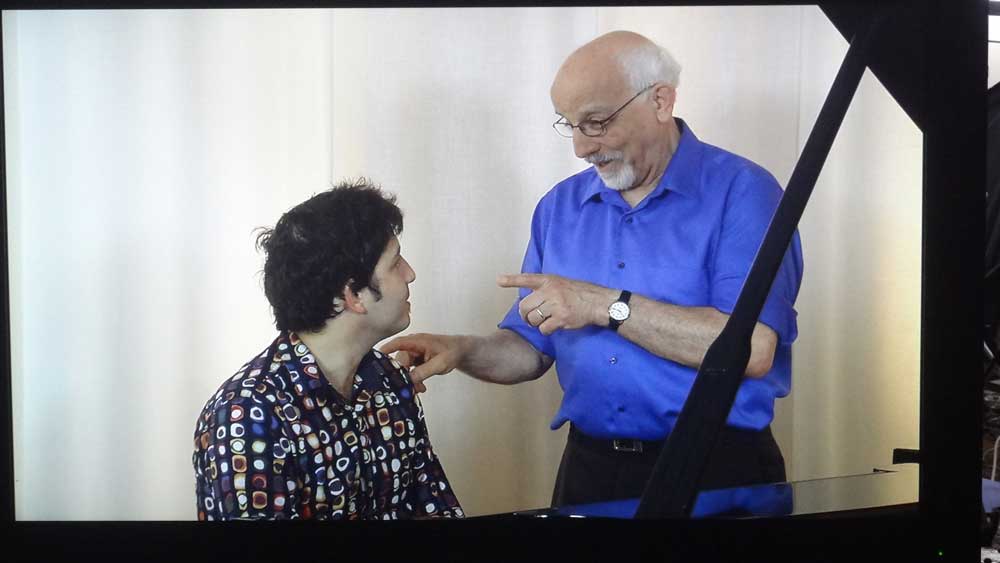
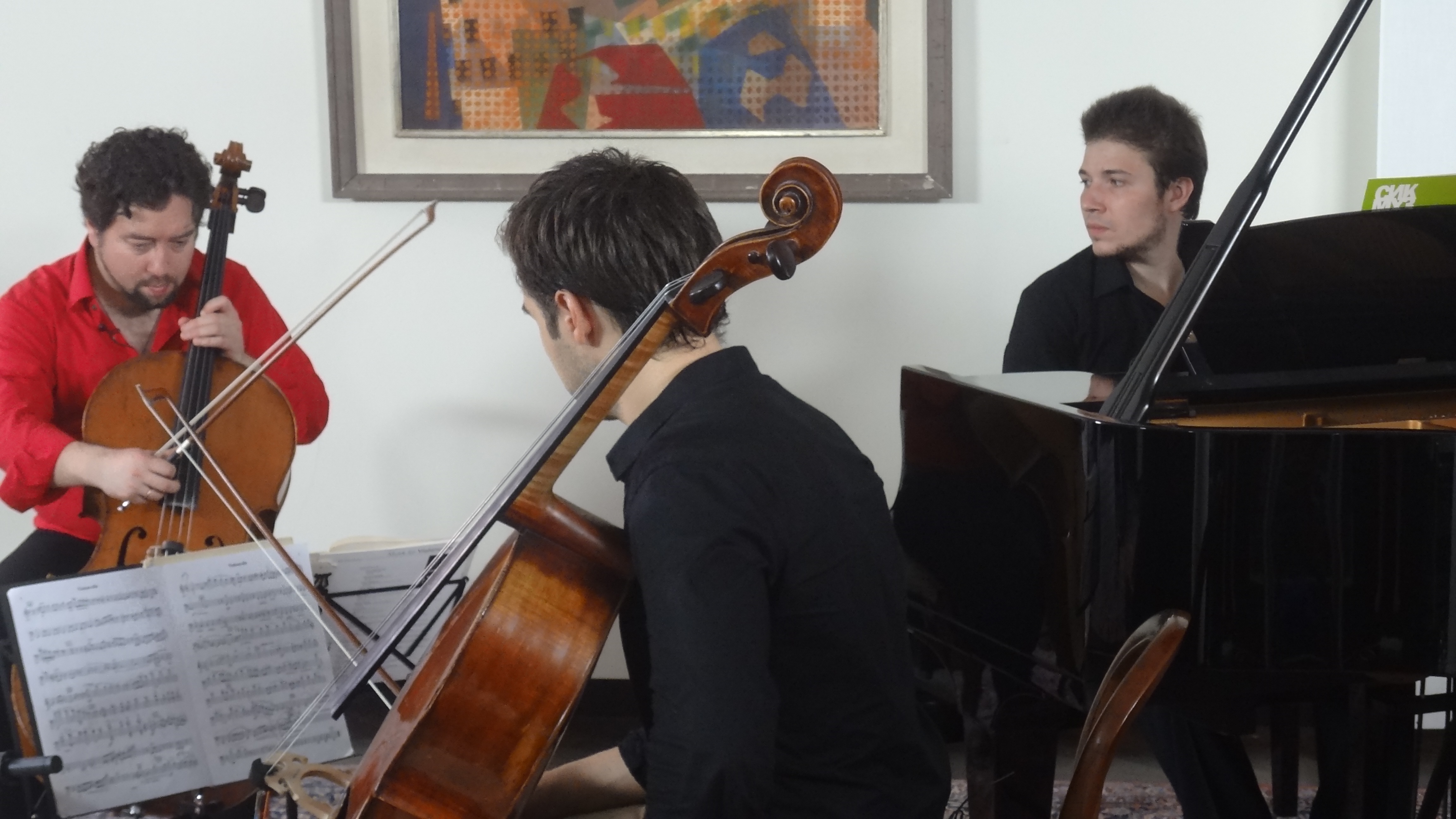
What do students say about iClassical Academy?
"One of the most powerful aspects of the iClassical Academy is its ability to connect students from anywhere with world-class pedagogues. It is often so hard to connect with professors around the world as a student without traveling and spending thousands of dollars. This iClassical Academy is doing great things by making the classical music world more accessible. The current Bach and Paganini courses available for violin are invaluable to violinists preparing these cornerstones of the repertoire. The benefit of having these videos alongside my weekly lessons at Sibelius Academy is that I have an additional resource to access while I’m practicing during the week. If I get stuck and frustrated, it is so easy to log on and get another perspective from one of the lectures in the iClassical Academy. "
E.S. Masters student at Sibelius Academy
"The masterclass collection of Bach solo violin sonatas and partitas by Miriam Fried is excellent: on top of actually teaching the pieces, she also talks about style, technique, history, and the composer himself. iClassical is being updated often with new masterclasses, and that is great. The more material for repertoire, the better."
N.T. Bachelor student at Sibelius Academy
"I do think the materials are really informative, and they help, not only in terms of musical understanding but also in the point of view of the aspiring violin teacher, the possibilities of what can be transmitted through the online medium."
A.N. Master student at Sibelius Academy
Sibelius Academy; a long tradition
Sibelius Academy has long traditions. Established in 1882, the cradle of classical music education has added other genres to its palette: Jazz and Folk Music have been taught since the early 1980s and Music Technology since the early 1990s. The driving force for everyone at the Academy is the unquestionable love they have for music, and for the work that they do. Today Sibelius Academy is a creative community of more than 1,500 students. It is one of the biggest music academies in Europe and internationally renowned and recognized. The mission of the Sibelius Academy is to foster and renew musical culture. The mission is accomplished through three modes of activity: teaching, research, and art. In addition to Helsinki, Sibelius Academy has departments in Kuopio and Seinäjoki. The Sibelius Academy Library, a specialist music library, is located in the Helsinki Music Centre and welcomes all visitors. The Academy trains artists, teachers, and other music professionals.
Sibelius Academy - Key Figures
- 1935 students
- 169 lower university degrees (bachelor's degrees)
- 258 higher university degrees (master's degrees)
- 17 doctorates
- 4,090 applicants
- 312 new students
- 718 full-time-equivalent personnel
- 1257 performances, concerts, and exhibitions
Find out more about the Sibelius Academy Music Programs
Sibelius Academy website
Institutional Partner Program iClassical Academy
At iClassical Academy, we strive to choose great teachers and use the latest technologies to offer high-quality online education. We also advise schools in respect to eLearning programs (recording of masterclasses, for example) and we put our platform at their disposal for the diffusion of their masterclasses. We offer their teachers our musiMentor program that enables them to publish their own courses. We also are interested in joint ventures for special events. Find out more.
